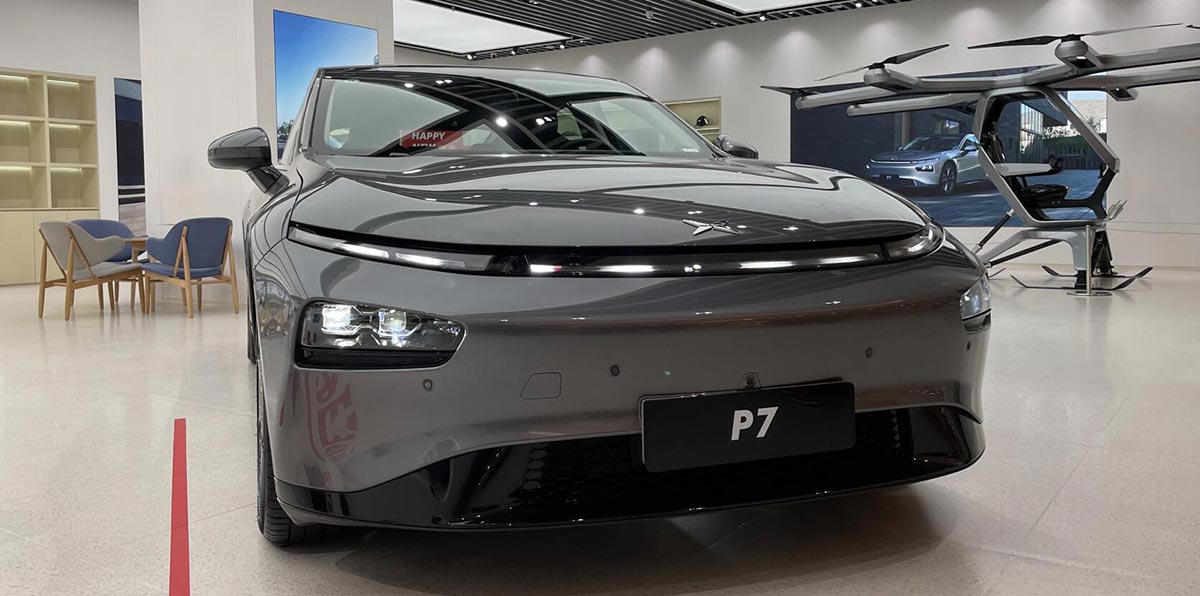Xpengは、直営店を徐々にディーラーに置き換える予定です, 報告によると
ザ 電気自動車 (電気自動車) 産業界は直営店の縮小とディーラーへの依存度を高める方向にシフトしています. Both 鵬 (ニューヨーク証券取引所: ティッカー) そして ジークル, subsidiaries of 吉利 持株会, は、この業界トレンドの一部です, 現地メディアの報道によると.

Xpeng is reported to be phasing out inefficient directly managed stores while expanding the number of dealer stores. This strategic shift is driven by the “Jupiter Plan,” announced at a recent channel partner conference and led by Xpeng’s new president, Wang Fengying. The plan aims to gradually transition from the direct-sales model to a dealership model. 今年初め, directly managed stores made up 70% of Xpeng’s store count. The company has also consolidated its sales regions from 24 宛先 12 for more effective management. Regional heads now have more autonomy in terms of marketing funding and channel management, including the ability to close inefficient directly managed stores and transfer them to interested dealer investors.
Xpeng aims to accelerate market share expansion in second-tier and lower-tier cities by bringing on dealer partners more rapidly. Dealers interested in partnering with Xpeng are required to meet certain financial criteria, including registered capital and annual operating revenues from their automotive business.
Expanding dealer networks is seen as a way for Xpeng to leverage the resources of dealers, including their existing channel networks and store-building capital. This approach can help reduce the financial and operational burden of building stores directly while facilitating faster expansion into lower-tier markets.
ジークル, another player in the premium EV segment, is also reportedly adjusting its channel strategy to increase the proportion of dealer stores. Zeekr has initiated a dealer recruitment program, with a focus on China’s first- and second-tier cities.
As EV adoption continues to grow, many companies are looking to optimize their distribution and sales networks by partnering with dealerships. This trend is expected to provide greater flexibility and efficiency in reaching a wider customer base.

 中国における自動車
中国における自動車